Nepal Tea Collective makes a name for Nepalese teas
In addition to producing some of the Himalayas’ finest teas, the brand helps lift Nepali farmers from poverty. Learn more about this innovative brand
February 14, 2024
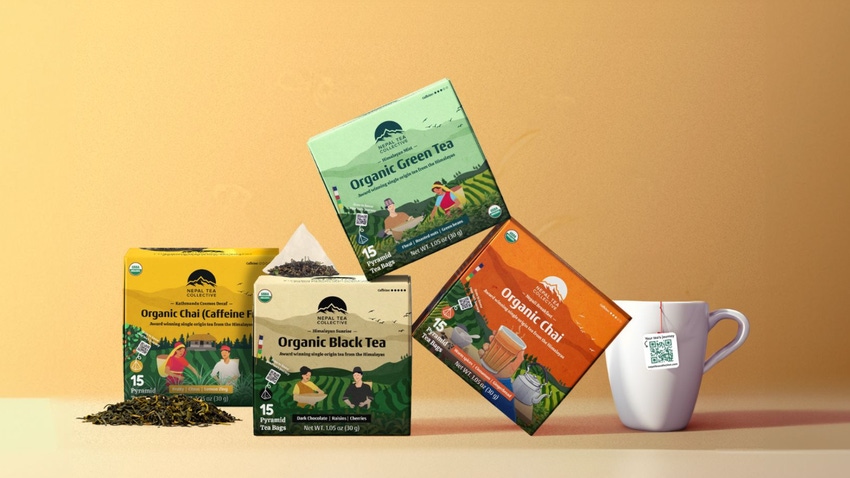
Natural Products Expo West’s Fresh Ideas Organic Marketplace is a one-day-only, farmers market-type event. New Hope Network spotlights a few of these brands to give buyers a taste of what they can find.
Pratik Rijal comes from Nepali tea royalty: His grandfather started the first organic tea garden in Phidim, Eastern Nepal, in 1984. Over the past 40 years, it has grown into the Kanchanjangha Tea Estate and Research Center. Rijal and his uncle, Nishchal, were raised close to the tea industry, but it wasn’t until they moved to the U.S. in the mid-2010s that they noticed the lack of Nepalese teas on the American market.
“Our amazing, premium and organic teas were entering long supply chains and being sold as Darjeeling teas,” Rijal says. “Ninety-six percent of Nepal’s export teas are sold across the border in India, rebranded as Indian teas and sold all over the world. While traders make millions, Nepali farmers are left with pennies.”
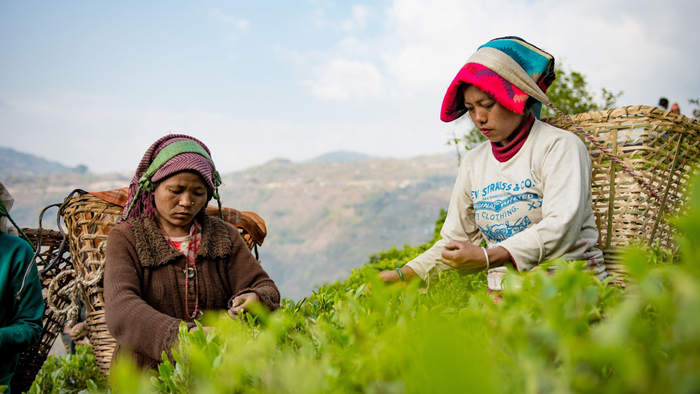
Rijal and his uncle began building out a vision: a platform to create an impact for Nepali farmers while also carving out an identity for Nepalese teas in the international tea industry and creating a homegrown brand focused on producers. After years of connecting with potential buyers, attending tea shows and making industry connections, Rijal left a career on Wall Street to serve as chief operating officer of Nepal Tea Collective.
“Now we also have a thriving direct-to-customer side and a wonderful team of 19 people to help us create the best impact for our farmers on the ground and the best teas for our customers,” he says.
We caught up with Rijal in advance of Natural Products Expo West to learn more about the collective and how it impacts farmers on the ground in Nepal.
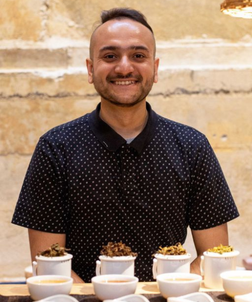
What does being an “orthodox” tea producer mean?
Pratik Rijal: Orthodox tea is also called “traditional” tea, meaning that the tea leaves are processed using traditional processing methods perfected on the Asian continent, over centuries. We produce high-grade, organic loose-leaf teas using only the top leaf and terminal bud of high-quality tea cultivars.
In the orthodox processing method, each batch of plucked leaves undergoes meticulous processing involving precise levels of withering, rolling, oxidation and drying, as determined by trained tea professionals. This process requires both art and science to extract the finest flavors from the freshly plucked tea leaves.
How do you choose your partner farmers? How many farms do you typically work with at any given time?
PR: We work with small partner farmers and tea producers across Nepal who don’t have access to international markets. Depending on the requirements of our clients and customers, we buy organic tea leaves, herbs or spices directly from the farms. At the moment, we have 12 partnerships across Nepal.
Your website states that some of your teas are not certified fair trade because some farmers cannot afford the certification—but also because you don’t think it’s always necessary. Explain more.
PR: Certification is difficult for farmers to achieve mainly because of the cost of certification, and also because it is difficult for farmers—who are usually not well versed in international languages like English and are often not literate—to fulfill the application requirements. While we do think that certification is important, it can be difficult to coordinate between farmers and certification bodies, who may not understand or empathize with the geographical and cultural context of the farmers.
You give 1% of your total revenue back to your partner farmers. What have the farmers been able to do with these additional funds?
PR: Producing organic, orthodox teas in Nepal’s high altitudes can be expensive and challenging. By returning revenue back to the farmers, they have the necessary funds to fulfill maintenance requirements and reinvest in their teas. Additionally, these returns can greatly improve and support the lives of the farmers during the dormant season, which runs from November to March, when there is no tea production.
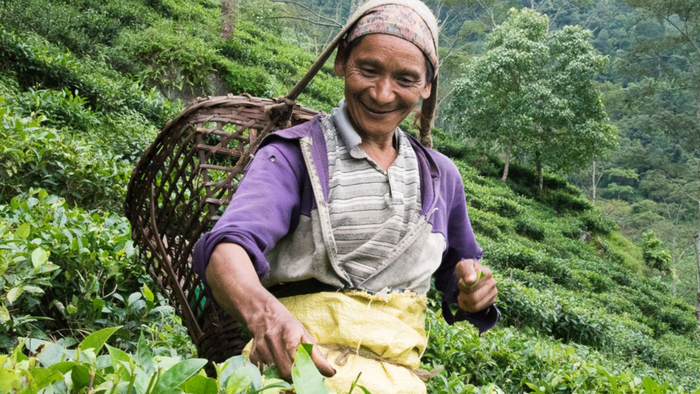
Do you have any rare or ultra-unique teas?
PR: Our rarest and most highly awarded tea is the black tea reserve Rose Label Reserve. This tea is crafted only once a year from the rare tea cultivar Bannockburn 157, which has inherent roseate characteristics that are very rare in tea plants. The tea plants are sequestered and carefully tended to, and the leaves are plucked in the summer months. Skilled producers work to highlight the roseate characteristics of this black tea, and the final tea has the exact flavor and fragrance of rose tea, without any additives. This tea retails for $100 per 100 grams and has won several international awards, including The Leafies.
Another rare tea is our Top of the World tea series, crafted in the Mount Everest region. Our Top of the World black teas come from the Bakanje farm in Solukhumbu. These are some of the highest altitude tea gardens in the world, and the Himalayan climate and terroir imparts an extremely bright and fine flavor and fragrance in these teas.
Finally, Kathmandu Cosmos is often the favorite of tea beginners. This is a black tea spice and herb blend, with warm spice and citrus flavors. This was one of our first experiments with creating herbal blends, and [it] captures the fragrance and aromas of a winter afternoon in Kathmandu.
What are you most looking forward to about Expo West?
PR: We are excited to connect with folks who are “tea curious” over our organic Himalayan teas. We are always happy to share Nepal’s unique tea stories, the diversity of our high-altitude farms and the cultures around our tea-making and tea-drinking practice—and especially to emphasize the impact tea lovers can have by supporting our organic and regenerative farms, which are dedicated to preserving the breathtaking and gorgeous Himalayan landscapes.
We are eager to introduce some of our most captivating farm-to-table teas to retail tea buyers and engage in tea and tea stories within the retail and foodservice scene. Given the absence of a Nepali brand selling Nepali teas, we hope that buyers will be intrigued by a new origin of teas straight from the Himalayas.
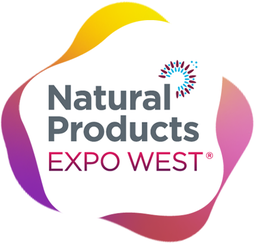
Nepal Tea Collective will exhibit in Booth F4 at the Fresh Ideas Organic Marketplace from 11 a.m. to 4 p.m. Wednesday, March 13, in the white tent near the Marriott. Visit the website for more information about Natural Products Expo West or registration information.
Read more about:
OrganicAbout the Author(s)
You May Also Like


